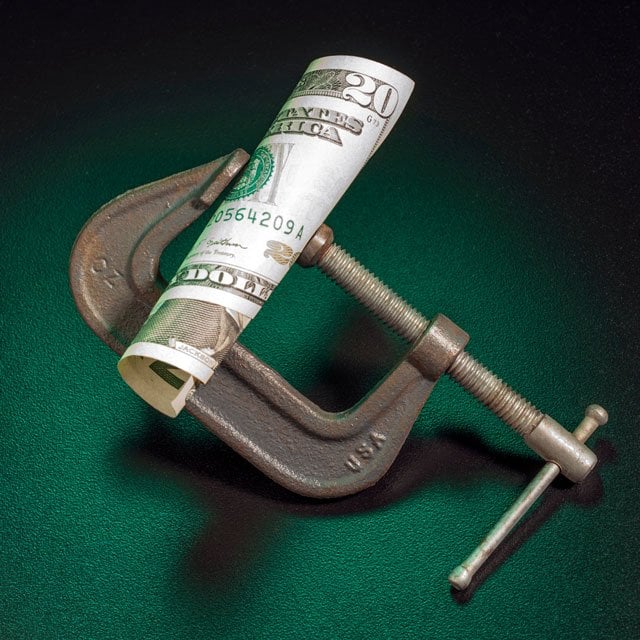Here's How Much Money It Takes to Feel Financially Secure: Survey

Thirty-one percent said they were unlikely to earn the annual income they need to feel financially secure, including 17% who said doing so was highly unlikely. Eighteen percent think they will never be able to make that amount, while just 6% said they were already earning the annual income they needed to feel financially secure.
Both higher earners and younger generations are more optimistic than older workers and those making less money that they will one day earn the annual income necessary to feel financially comfortable. Forty-nine percent of those earning more than $100,000 annually feel this way, compared to 34% of those earning less than $50,000 per year.
Sixty-three percent of Gen Zers also expect to earn the annual income they need to feel financially secure, while 50% of millennials, 31% of Gen Xers and 17% of boomers have the same expectation.
Boomers are more pessimistic than other generations, with 31% saying they will never earn the annual income they need to feel financially secure, compared with 21% of Gen Xers, 11% of millennials and just 3% of Gen Zers.
Feeling Rich
The survey asked Americans how much they would need to earn to feel rich and financially free. On average, respondents said they would need to earn about $520,000 per year, up from $483,000 in 2023.
Forty-nine percent said they would need to earn $200,000 or more to feel rich, while 33% cited a figure of $500,000 or more and 23% said they would need to earn $1 million or more per year.
The requisite salary needed to feel rich rises with generation: Gen Zers said they would need to earn $461,000 on average, while millennials indicated $480,000, Gen Xers said they would need $574,000 and baby boomers said $556,000 per year.
“Making more money is the secret to weathering inflation, but it’s also true that being a higher-income earner won’t automatically translate to being better at personal finance,” Foster said. “Someone with a traditional middle-class salary who always tries to save for the future, no matter how small, is destined for financial success more than an ultra-wealthy earner who lives and spends beyond his or her means.”




